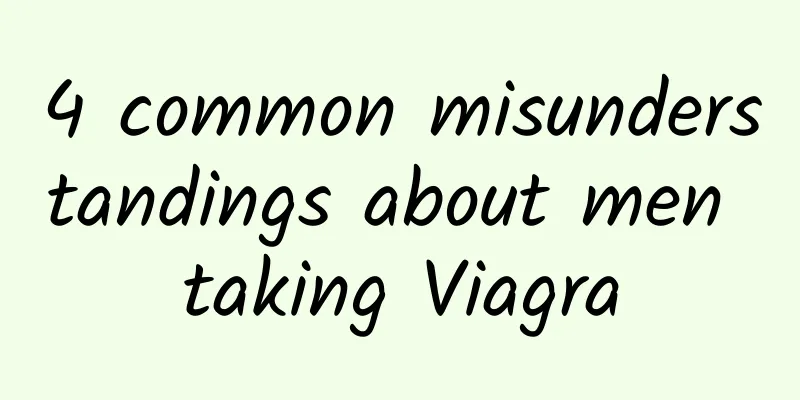Adult male heart rate

|
Heart rate is a benchmark for monitoring whether a person's heart is normal. Many times, due to excessive exercise or excessive tension and excitement, the heart beats very frequently, which is also a normal physiological reaction. However, if the heart suddenly feels beating too fast in daily life, it should be considered that there is a problem with the heart and it should be taken seriously. So what is the normal heart rate for adult men? 1. Normal heart rhythm Generally speaking, a heart rate of 60-90 is normal. In a quiet state, the heart rate of a healthy adult is about 75 beats per minute on average. The fluctuation range of a normal adult's heart rate is 60-100 per minute. Women's heart rate is faster than men's. The heart rate can increase during physical activities and mental excitement. Women's heart rate is faster than men's, but everything is relative. For example, people who often engage in heavy physical labor or physical exercise have a slower heart rate, which can be less than 60 beats per minute, but this is by no means a pathological condition and needs to be considered comprehensively. 2. Normal heart rate range 1. When the heart rate of an adult exceeds 100 beats per minute (usually not more than 160 beats per minute) or an infant exceeds 150 beats per minute, it is called sinus tachycardia. It is common in normal people after exercise, excitement, agitation, smoking, drinking and drinking strong tea. It can also be seen in fever, shock, anemia, hyperthyroidism, heart failure and the use of atropine, adrenaline, ephedrine, etc. 2. If the heart rate is between 160 and 220 beats per minute, it is often called paroxysmal tachycardia. 3. A heart rate lower than 60 beats/min (usually above 40 beats/min) is called sinus bradycardia. It can be seen in people who engage in long-term heavy physical labor and athletes; pathological bradycardia can be seen in hypothyroidism, increased intracranial pressure, obstructive jaundice, and overdose or poisoning of digitalis, quinidine or propranolol. 4. If the heart rate is lower than 40 beats/min, atrioventricular block should be considered. 5. A heart rate that is too fast, exceeding 160 beats/minute, or less than 40 beats/minute, is mostly seen in patients with heart disease. Patients often experience palpitations, chest tightness, and precordial discomfort. A detailed examination should be conducted as soon as possible so that treatment can be targeted at the cause. |
<<: Fitness and Weight Loss Plan for Boys
>>: What causes men's hands to turn purple?
Recommend
How to exercise to ejaculate early
Premature ejaculation is a problem that many male...
How to get rid of body odor in summer? Master these methods to succeed
When summer comes, as the body's sweat increa...
The correct way for men to masturbate
Although modern society is more open, some topics...
Take cephalosporin for seminal vesiculitis
For the treatment of seminal vesiculitis, we shou...
How does a man's hair grow fast?
When men reach a certain age, their hair falls ou...
Men have breast lumps because of this
Queen is not the exclusive right of every woman. ...
The penis of those who exercise is generally small
If you like fitness and sports, and exercise regu...
The reason for the sudden increase of smegma is unclean sexual life.
Many men have symptoms of foreskin being too long...
The cause of spermatorrhea, whether it is physiological or pathological
Spermia is a common disease among men. Generally ...
Xinhua Prostatitis Treatment
Once prostatitis is diagnosed, in most cases, nat...
What does male sexual dysfunction include?
In recent years, with the high divorce rate, care...
Men's waist bloating
If a man's waist feels bloated, it is very li...
What are the dangers of frequent masturbation?
Masturbation is a very common phenomenon, and man...
What are the treatments for male pattern baldness?
We all lose hair when we comb our hair. It is jus...
What medicine can replenish testicles?
Some men are very concerned about their physical ...









